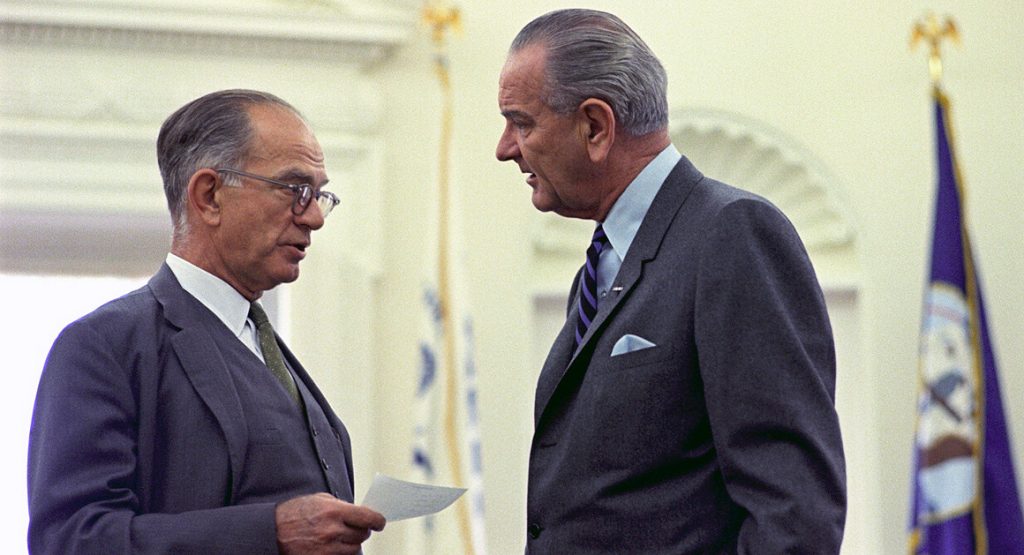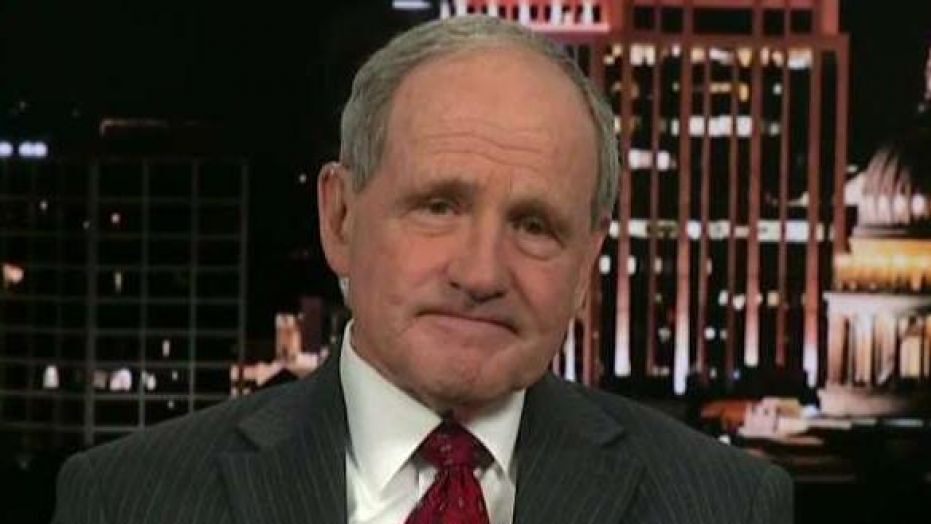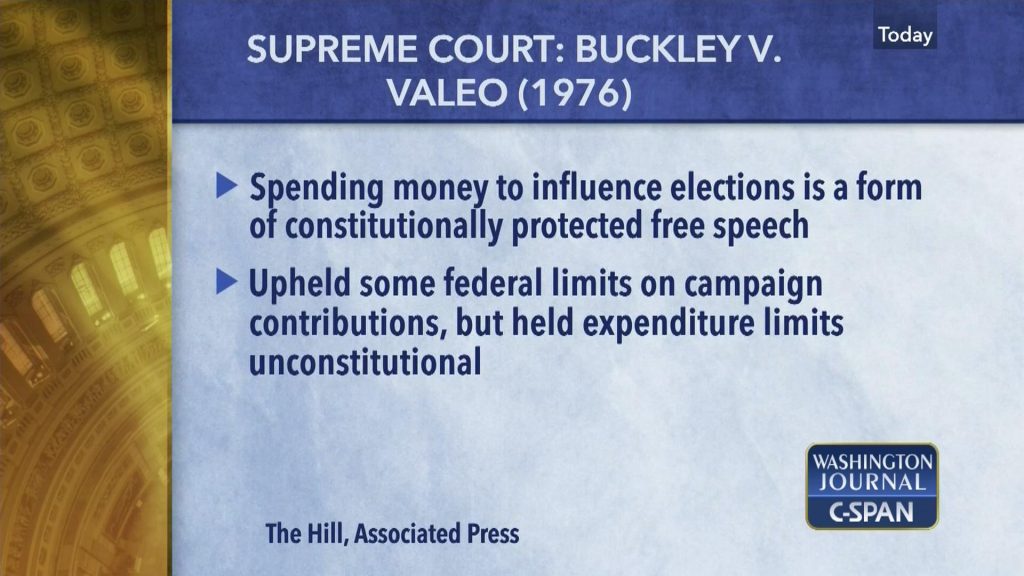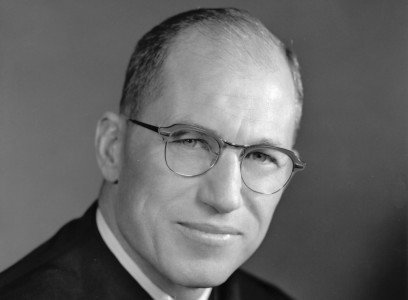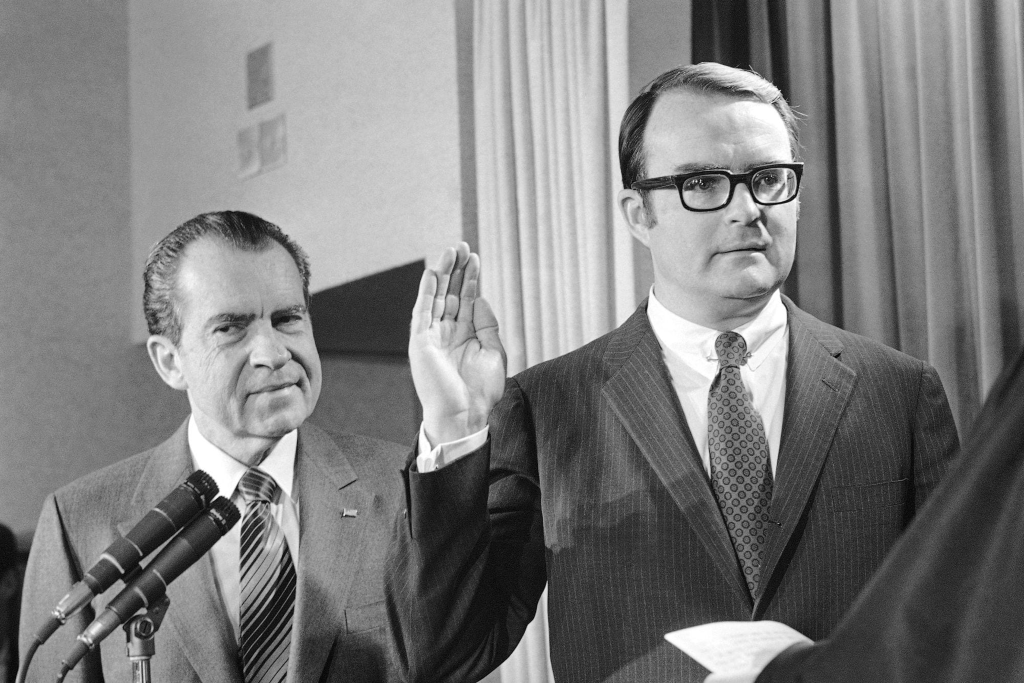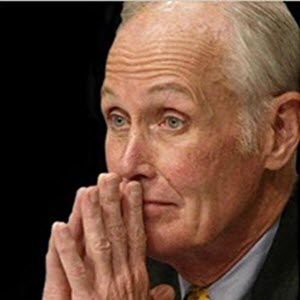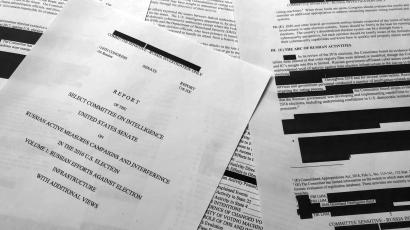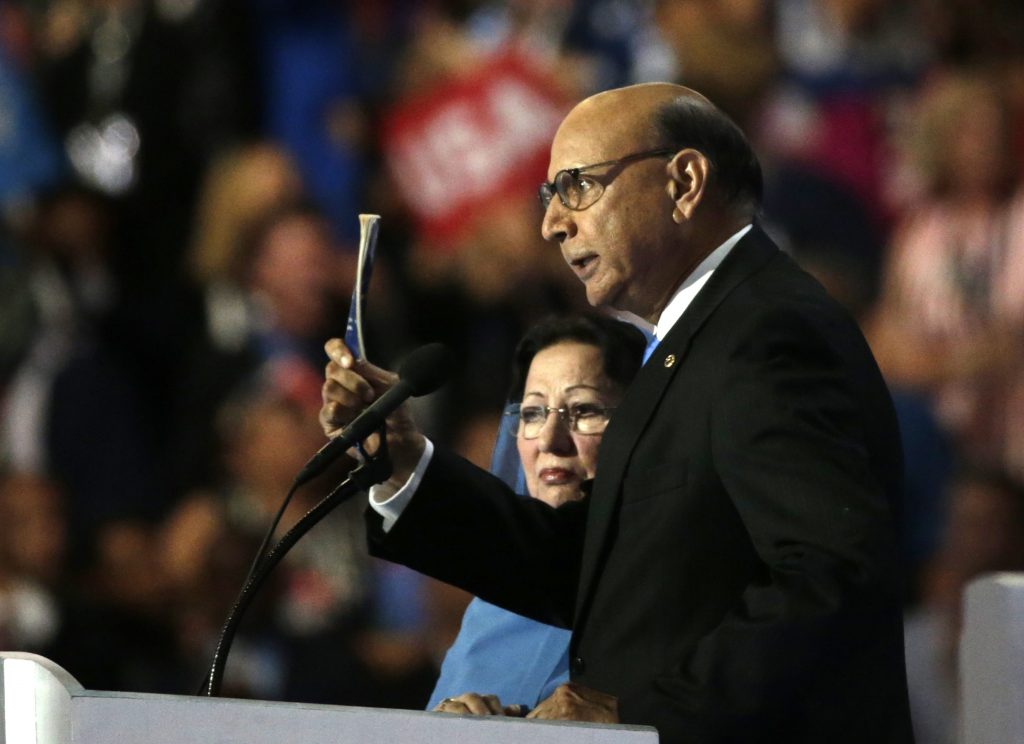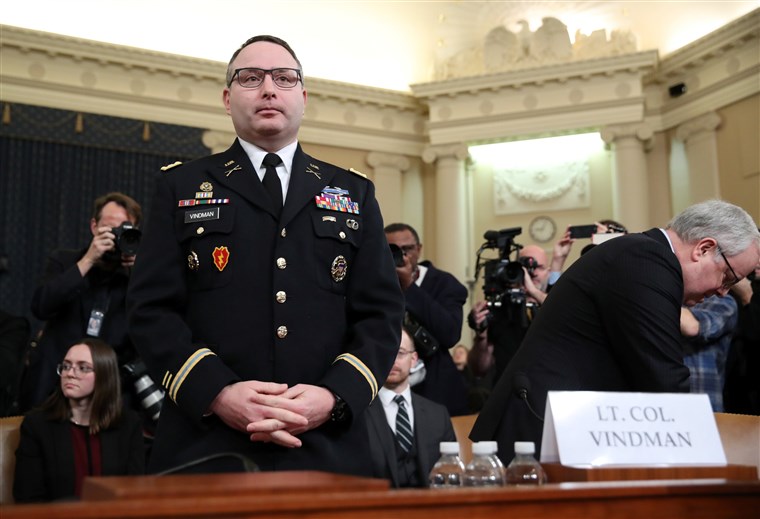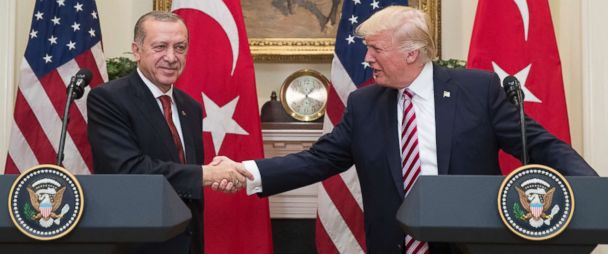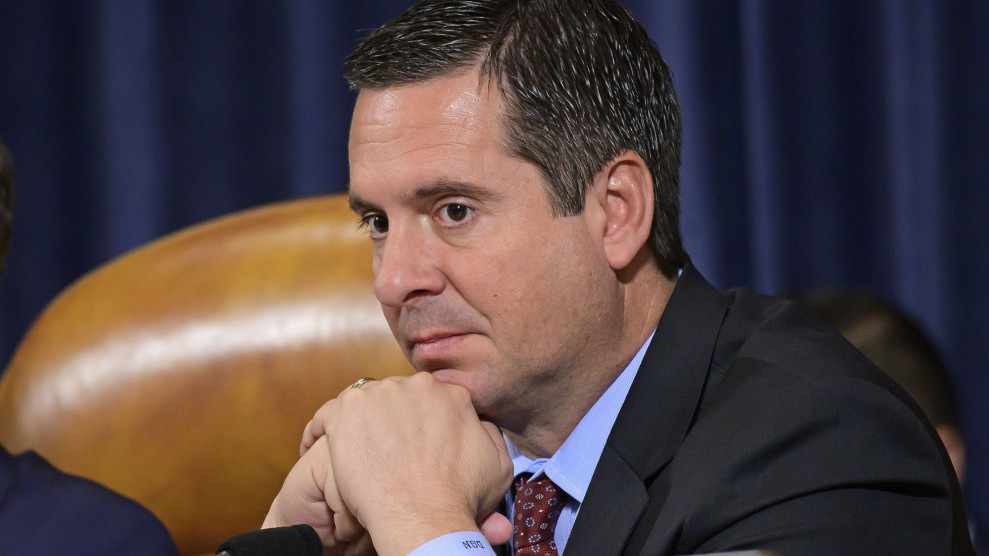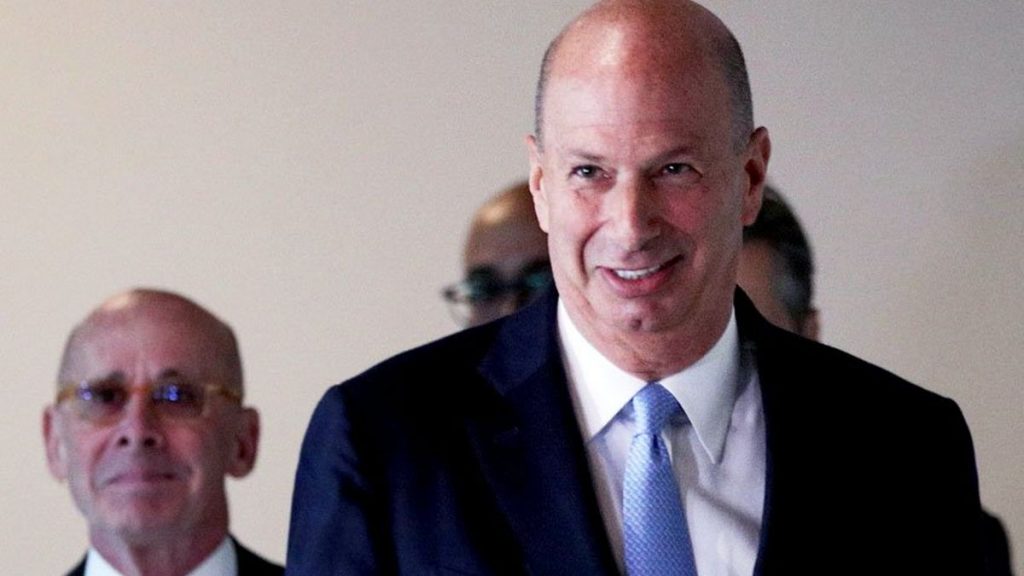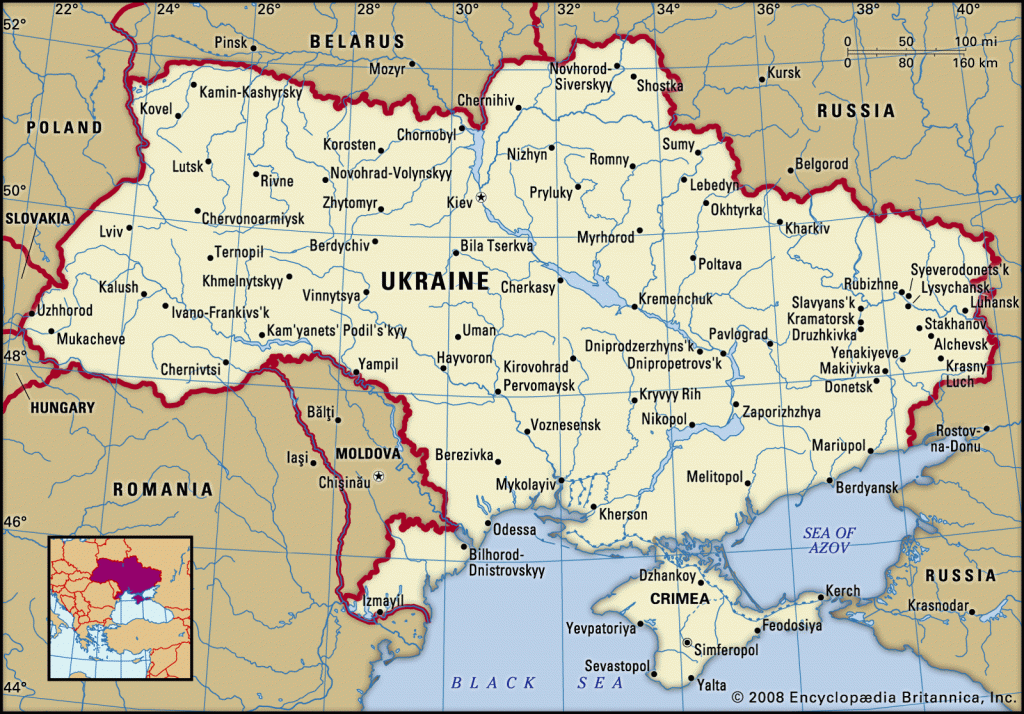In his scathing takedown of the modern Republican Party – How the Right Lost Its Mind – the conservative former Wisconsin radio talk show host Charlie Sykes ponders – and worries – about the state of American politics.
“Did I – did we,” he asks of fellow conservatives, “contribute to this prairie fire of bigotry and xenophobia that seemed to grip so many on the right? How did the elites miss the signs of division that turned to schism that became a veritable civil war? Did we play with fire, only to see it spread out of control? Did we ‘make’ Donald Trump? Or is he merely a cartoonish bizarro version of conservative values?”

“Sometime in the last decade, conservative commentator Matt Drudge began linking to a website run by conspiracy theorist Alex Jones. By doing so he broke down the wall that separated the full-blown cranks from the conservative media, injecting a toxic worldview into the Right’s bloodstream. The conservative movement never recovered.
Charlie Sykes in “How The Right Lost Its Mind.”
Sykes, like many other observers of our crazy, divided political moment, trace the decline of American democracy to the rise of the so-called Tea Party midway in Barack Obama’s first term.
“You can’t fix crazy,” former John McCain strategist Steve Schmidt says in a remarkable new edition of Frontline on PBS that tracks the arc of our division. “And the fact of the matter is you had a fair number of crazy people who started getting elected to the Congress on the Tea Party wave who there was no dealing with.”
One of the Tea Party arrivals with the Class of 2011 was, of course, former Congressman Raul Labrador. Labrador quickly embraced the nihilist politics of The Freedom Caucus and became one of its leaders, challenging the leadership of then-Speaker John Boehner, as reporter Tim Alberta recounts in his book American Carnage.
Labrador infamously helped orchestrate the government shutdown in 2013 – you can’t fix crazy – hoping to force a repeal of the Affordable Care Act, Obamacare. Somewhat reluctantly Labrador came into the orbit of Trump World after the sketchy real estate developer became the last Republican standing in 2016, but then he went all in.
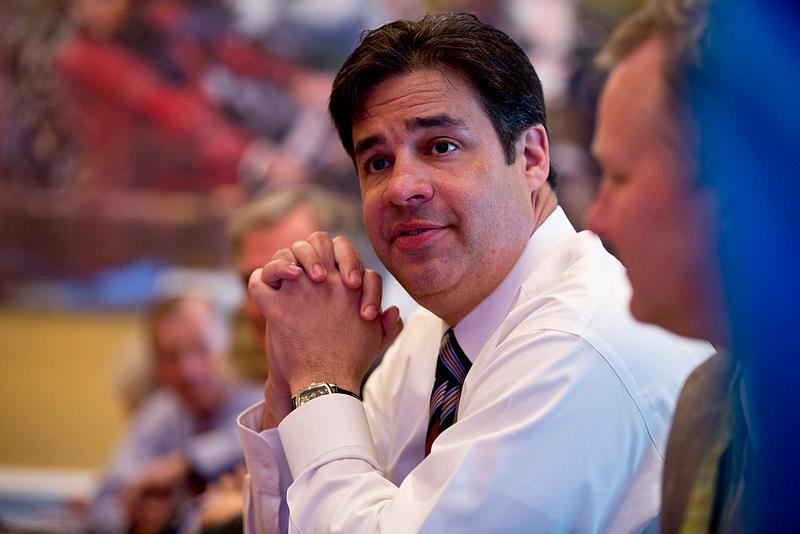
Raul Labrador, the former Idaho Congressman elected with the Tea Party class of 2011, helped lead the Freedom Caucus and the GOP off a political cliff.
“Right now,” Labrador told Alberta for his 2019 book, “they’re (the GOP base) happy with Trump,” but Labrador predicted strong blowback should the national debt explode (it has), the immigration crisis remain (it has) or if working wages didn’t improve (they haven’t).
But it looks as though Labrador, now quietly laboring in the Idaho GOP vineyard as party chairman, underestimated – as many have – the extent of Trump’s wholesale remodel of the Republican Party. The long term crisis for the GOP – and for the country – and the extent of the moral and intellectual degradation of the Grand Old Party requires looking not at the Labradors or at a Jim Jordan, the histrionic Ohio congressman, or even Doug Collins, the Georgia congressman who recently accused and then apologized for saying Democrats were coddling terrorists.
Sadly, indeed tragically, a real accounting of who has fanned the present prairie fire rests with the handful of elected Republicans who truly know better, including Idaho Congressman Mike Simpson, and who have willingly failed to mount an effective pushback against what conservative writer Kevin Williamson has called “a big market for servility.”
Simpson, an affable, capable, serious legislator who learned his brand of get something done politics in the Idaho Statehouse, has never been a bomb thrower. He openly disdained the craziness of the Tea Party and the guerilla tactics of the Freedom Caucus. When Labrador was bashing John Boehner, Simpson was supporting the speaker and the House as an institution. Before his election in 2016, Simpson said Trump was “unfit to be president” and he could not support him.
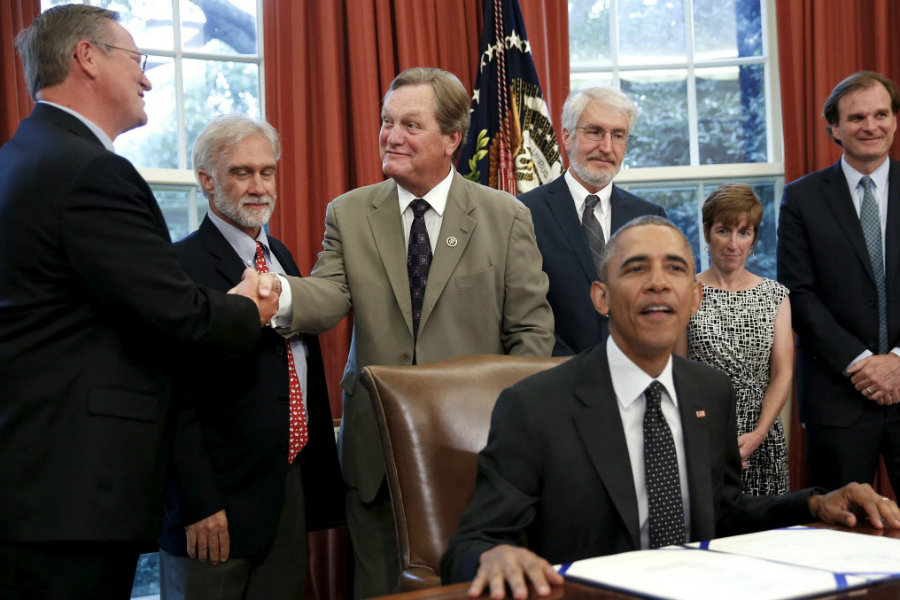
Idaho’s Mike Simpson (center) in happier days working with the Obama Administration and conservation groups to protect Idaho wilderness. Simpson’s been critical of Trump, but at every critical stage as gone along with the president.
To his credit Simpson has called BS on the Trump Administration a few times. He said the Republican response to Trump’s decision to declare a national emergency in order to redirect congressionally authorized funds from the Pentagon was hypocrisy and Republicans would have rightly raised hell had a Democrat done something similar.
“I mean I’ll be real honest,” Simpson said at the time, “if Obama had done this Republicans would be going nuts. That’s just the reality.” But then Simpson went along with the president who is poised to again raid the Pentagon budget.
A year ago when Trump undercut members of his own administration and backed out on an immigration agreement Simpson said the president couldn’t be trusted not to renege on any commitment. “The one thing you’ve got when you come into this place is your credibility,” Simpson said, “and once you lose it, it’s gone and it’s gone forever. He’s lost it.” But then Simpson went along with the president.
Even farther back, six months into the Trump presidency in 2017, Simpson expressed his frustrations with the president in comments to Politico. “I don’t even pay any attention to what is going on with the administration because I don’t care,” Simpson said. “They’re a distraction. The family is a distraction, the president is a distraction.”
As reporter John Bresnahan wrote at the time, Simpson went on to say, “Quite frankly, I’m starting to wonder if anyone in the (Trump) family knows what the truth is.” Then Simpson went along with the president.
“It’s all just a bunch of bullshit,” Simpson said on the first day of the Trump impeachment inquiry and then admitted he had not read the testimony of career diplomat William Taylor who provided one of the first detailed accounts of Trump’s effort to shakedown the Ukrainian government in order to smear former vice president Joe Biden. And then Simpson went along with the president and voted against articles of impeachment labeling Trump’s sordid mess a political hit job by Democrats.
But wait. Now comes Lev Parnas, the Rudy Giuliani pal, who earlier this week turned over records to the House of Representatives that appear to show, as the Washington Post reported, that “Ukraine’s top prosecutor offering an associate of President Trump’s personal attorney, Rudolph W. Giuliani, damaging information related to former vice president Joe Biden if the Trump administration recalled the U.S. ambassador to Ukraine.” Other newly released records seem to show that Trump knew of these efforts and sanctioned them.
Mike Simpson has had a long political career, an often-distinguished one, but now he confronts a harsh reality, what Steve Schmidt calls the “guts-and-courage crisis in American politics.” By going along with Trump when he knew what a destructive force he would be not only to his party, but also to the country, Simpson has become the problem.
“So we’re a country that now is willing to accept serial lying,” says Charlie Sykes, “that’s willing to accept overt racism; that’s willing to accept a president of the United States who behaves in a way that we would not find acceptable from any corporate executive, any other community leader. So what does that say about us?”
And what does it say about Mr. Simpson?
—–0—–

